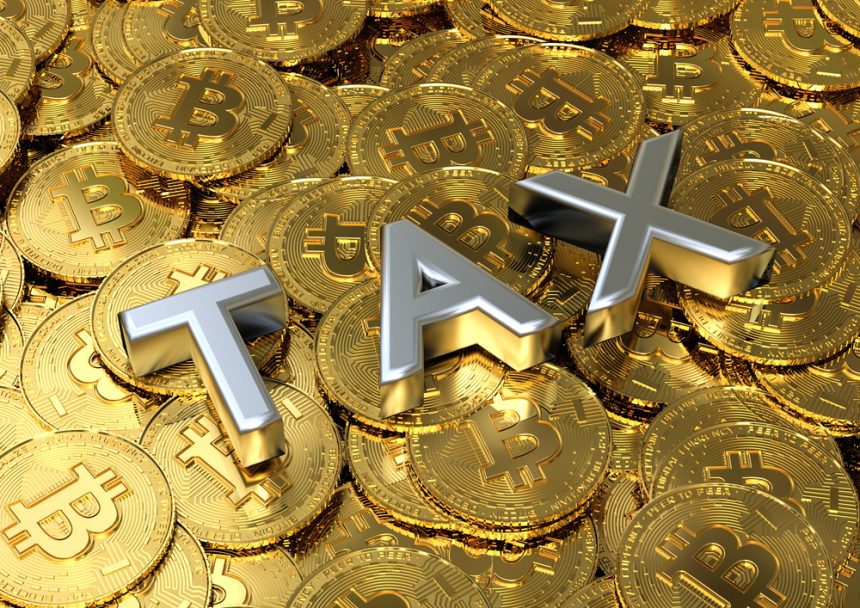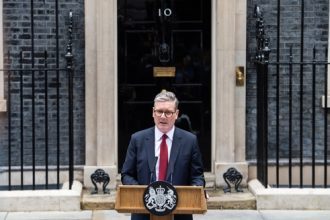Paris plans crypto tax while stacking 420,000 BTC
With such a record, France has decided to make cryptocurrency headlines even more exciting. On the one hand, the government is considering a proposal to levy taxes on non-achieved cryptocurrencies, which would require citizens to pay a tax not just on the increase in value of cryptocurrencies when sold for a profit but on the increase in value when the asset is retained. On the other hand, another proposal being considered by deputies is the accumulation of a monumental national Bitcoin reserve of 420,000 BTC within a few years. These two approaches do not easily combine plans to overtax the average cryptocurrency user’s coin savings while creating the country’s treasure in Bitcoin.
The very notion of taxing unrealized taxes is already causing controversy because of its nature. People generally pay income tax only when they generate a profit or sell it. The term “profit” as “realized” has made it unpleasant for the government to estimate the tax at its open market value without exchanging it first for cash. That is the nightmare of an average cryptocurrency saver. Everyone knows that Bitcoin and the remaining assets are unpredictable. In one month you will end up with a fortune in the taxes that you must pay on the maximum market increases; the next month, the asset value will evaporate. France will be left with 100k BTC.. If this passes, France says it will be able to increase the country’s existing taxes annual forecast while making inequalities with wealthy citizens owning cryptocurrencies, which circumvent capital gains legislation. Critics claim it is difficult to regulate such a distribution.
The vast majority of people agree that the law could not be enforced. The digital assets tax standoff is due to the fact that the market is too transient to measure the asset’s real-world equivalent to date. In addition to the fact, the task is more difficult since the officers are not aware of each respectable citizen’s Bitcoin or other digital currencies location.
Therefore, it is a kind of overcontrol and competition. And then, there is the other proposition the idea of a national Bitcoin reserve. The choice of the amount, 420,000 BTC, was not arbitrary. As initiation as it seems, around 2% of Bitcoin’s overall supply is a significant amount. It would make France one of the leading holders of BTC on the planet. The educators of the bill say that Bitcoin is evolving into a global strategic asset, just like gold in the past, and one that France should lay claim to before it gets even more costly. This would be accomplished over a period of about seven to eight years. It would comprise direct investing, collaborations and maybe even creating, mining, or conservation services. The paradox is evident. On the one hand, crypto is a taxable encumbrance, and on the other, it is a national asset. This schism reflects France’s ambiguous feelings towards digital assets: in equal measures, as a scarecrow to regulate and a jackpot to restrain. Moreover, France is the EU’s policyfront, setting the tempo and formatting the discussions.
If Paris enacts a tax on consolidate, unrealized returns, or retains a blitz of Bitcoin, the rest of the European Union will likely follow. That does mean one thing for French crypto investors: more notice from the state. Transparency, disclosure, and enforcement will become the fresh norm. If the amendments pass, taxpayers and companies both should follow their portfolio more closely and prepare for increased regulations.
In the grand scheme of things, France’s dual propositions serve as a signal of how long Bitcoin has traveled. Dismissed as an outgoing fringe internet currency, it is still something that is being discussed on the floor of the parliaments and finances committees of the largest nations. No matter if France taxes unfulfilled profit, establishes its Bitcoin stockpile, or both, the information is evident: digital currency is now an element of national plan. Bitcoin no longer serves as the yield; it is swiftly taking its position in the economy game of the developing world.






















